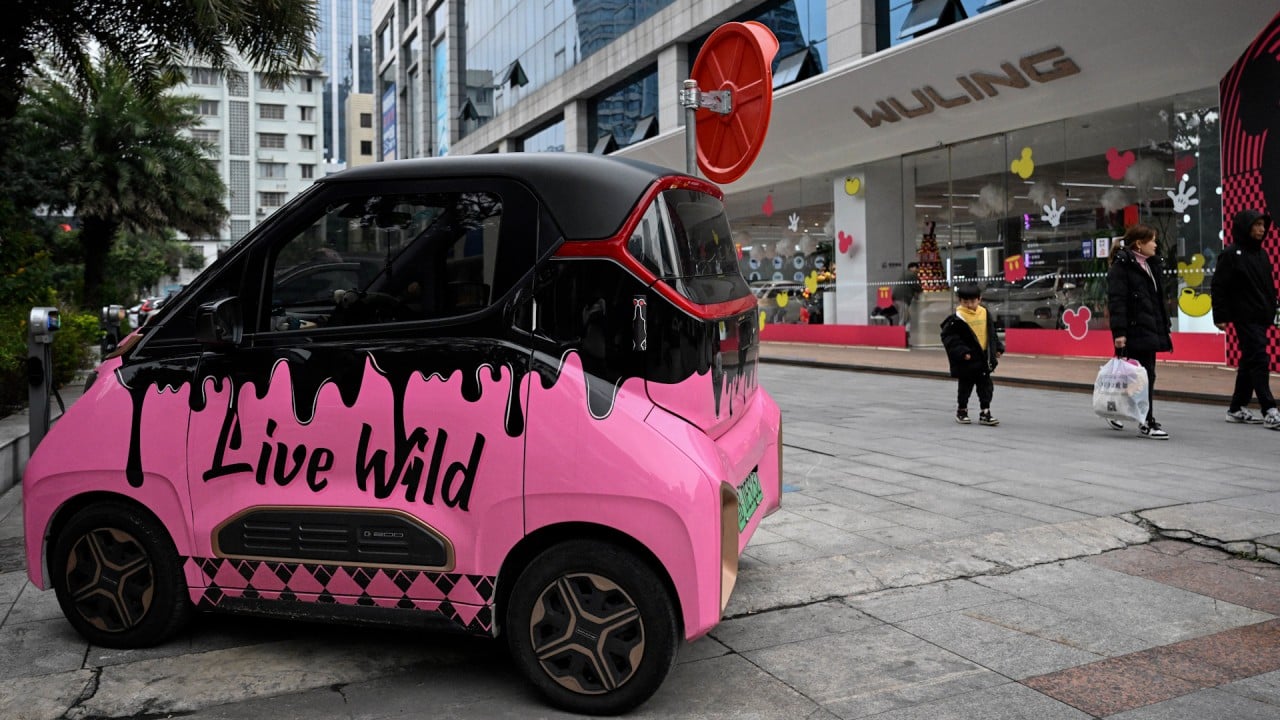“As we need the Chinese market to remain open, therefore we are also longing to keep the European market open,” he said.
Germany, which is expected to be affected the most by possible retaliation from Beijing, has already lobbied intensely against the duties.
“The industry also made quite clear statements that tariffs, as suggested now by the EU, will not increase the competitiveness of the automotive industry. Therefore, we […] advocate for investing into the competitiveness of the European Union, rather than trying to protect the auto industry [with tariffs],” Butek said.
The new tariffs are likely to trigger intense negotiations between Beijing and Brussels, with China having vowed to take countermeasures. The EU must decide by November whether to adopt the tariffs permanently.
Robert Habeck, German vice-chancellor and minister for economic affairs and climate action, will start a two-day visit to China on Thursday, with negotiations on EV tariffs high on the agenda.
Until the final deadline in November, “we hope that China and the European Union can still find ways through negotiation which are quite fair”, Butek said.
“The market share of Chinese EVs in the European Union is still so small that I think there is enough space to negotiate rather than fostering these tariff escalations,” he said.
He added that German carmakers in China do not see “unfair subsidies from the government” – the basis for the EU’s decision – as a major operational challenge.
But he said the German government should continue pushing for fair competition for its firms operating in China, especially as Chinese companies in the automotive industry are already seen as technological leaders.
“German companies need policymakers to take action towards establishing a level playing field and providing a transparent regulatory environment in China,” said Clas Neumann, chairman of the board of the German Chamber of Commerce in East China.
Also on Friday, the chamber released the results of a recent business survey conducted in May. It showed that although German companies operating in China are increasing their turnover expectations, optimism about the Chinese economy has been slow to return.
Price pressure has been the biggest challenge German firms have faced this year, especially in the automobile and machinery industries, according to the survey, which was conducted among 186 member companies.
“We have more and more local competitors on par with our own companies,” Neumann said. “Therefore, there is a significant price pressure now inside the markets due to a higher number of competitors or a higher output of products of those competitors.”
This competition has been magnified by weak demand in China and abroad, he added.
China’s automotive sector has been engaged in a price war over the past two years, with EV makers continuing to intensify their bid for a bigger piece of the world’s biggest automobile market.
According to the survey, three-quarters of German companies reported overcapacity in their industries in China, with around half of these firms saying the overcapacity had only been seen since last year, and 96 per cent saying that the excess capacity was affecting their business.
The business outlook also appeared to be improving slightly, with 38 per cent of respondents anticipating a worsening situation for their industry compared with 2023 – a significant decrease from 52 per cent in September.
And 29 per cent of respondents expected their industry outlook to improve compared with 2023 – a slight increase of 8 percentage points from September.
Meanwhile, 39 per cent of companies projected that their turnover would increase in 2024 compared with last year, up from 13 per cent in September of last year.
Still, only 53 per cent of respondents were planning to increase their investments in China over the coming two years – down from 61 per cent in September – while 16 per cent were looking to invest less.


